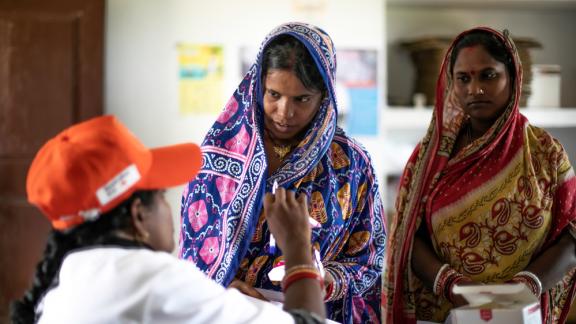
Filter our news by:


| 01 November 2017
IPPF's Emergency Response for the Rohingya Crisis
Since August 25, more than 604 000 arrivals of Rohingyas from Myanmar have been recorded in Bangladesh Most of them are taking shelter in makeshift settlements in dire conditions and are entirely dependent on humanitarian aid for survival. The population movement has created a critical and complex humanitarian emergency, which is likely to become a protracted crisis. The resources on the ground where they are being settled are obviously stretched leading to an acute need for shelter, food, sanitation, healthcare and clean drinking water. As per WHO Public Health Situation Update, 2017, poverty-ridden and without access to resources, the vulnerable people are completely dependent on what the Bangladesh Government and the relief agencies can provide them; such as primary and secondary healthcare, trauma care and rehabilitation, reproductive, maternal, neonatal, child health and mental health services and psychosocial support. Among the arrivals, an estimated 67 percent are women and girls, of whom 13 percent are pregnant or breastfeeding, and these numbers may rise (Source: UNFPA 2017). Through a field response team, comprising of Doctors, Nurses, Paramedics and Youth Volunteers well versed in humanitarian response, IPPF provided SRH and emergency medical services to pregnant women, new mothers, new-borns, men and young adolescent girls. Support IPPF in this endeavour to provide critical services to Women and girls in Bangladesh










